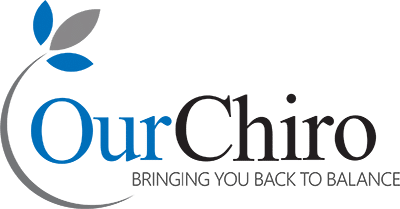
Do you have – or suspect you might have – a frozen shoulder? Here is everything you need to know.
How do I know if I have a frozen shoulder?
A frozen shoulder (technical term adhesive capsulitis or ‘Ad Cap’) can give you pain and stiffness in your shoulder that lasts a long time, sometimes up to 3 years. It typically starts gradually, but worsens over time and will typically reduce the range of motion in your shoulder joint. There are commonly 3 phases: the freezing, frozen and thawing phase.
What is the cause?
There isn’t a specific cause that is linked to frozen shoulder, but typically the shoulder capsule thickens and becomes stiff and tight. Thick bands of tissue — called adhesions – develop. You are more at risk of developing this condition if you fall into any of these categories:
- People aged 40 to 60 years (more common in women).
- Your arm has been immobile for a while (e.g. recovering from a stroke or after a mastectomy).
- You have diabetes, heart disease, thyroid disease, or Parkinson’s disease.
- Trauma to the shoulder or surrounding musculature
What do you do if you are experiencing pain or stiffness in your shoulder? How is it treated?
Contact Our Chiro Brisbane to make an appointment. One of our chiropractors will conduct a physical assessment of your shoulder to determine an accurate diagnosis. In particular, we will focus on the range of motion in your shoulder, and the degree of pain or discomfort caused by moving the shoulder joint. In some cases, we will use an ultrasound or other imaging to rule out other possible causes of your symptoms.
If you are diagnosed with a frozen shoulder, we will work through a program of strengthening and stretching exercises, shoulder mobilisations and various other treatment methods. At Our Chiro Brisbane, we will work to improve your range of motion and reduce your pain.
If we find collaboration with other healthcare professional is required, we will refer you to the relevant health professionals in our network to ensure you receive the best possible care.














